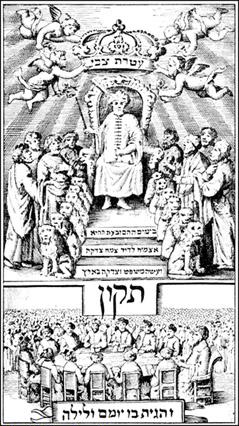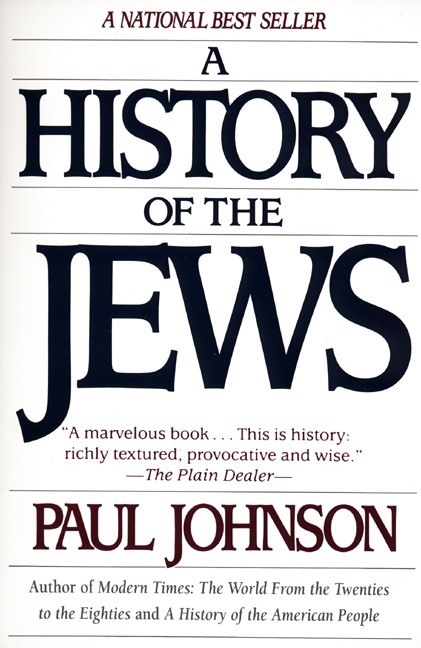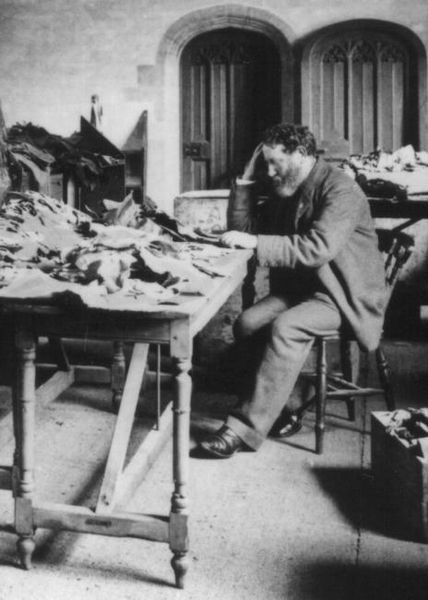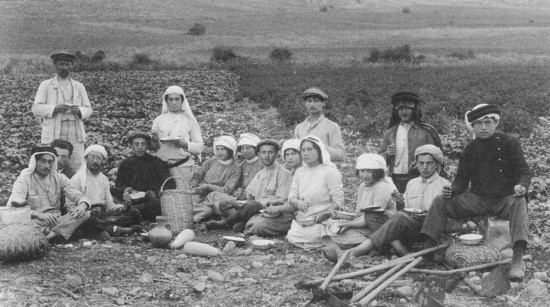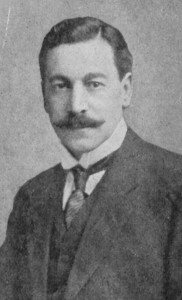
Whenever a Jew achieves a position of high rank in a non-Jewish country he usually has to bend over backward to show his even-handedness. That almost invariably translated into supporting decrees against his people, for to do otherwise would open him to criticism that he was favoring his own people. Through the British Mandate period there were always Jews in key posts who most of the time did the dirty work for the British government. This insulated the British from accusations of anti-Semitism. He’s Jewish, they could claim.
In the Bible, great Jews such as Nehemiah and Mordecai achieved the highest political appointments, but were not afraid to acts as Jews for Jewish interests. Nehemiah was a general in the Persian army and advisor to King Darius, but he did not see himself as Persian. It was he who asked the Persian monarch to lead a contingent of the Persian army into Jerusalem to protect the small, scattered Jewish minority and rebuild the walls of Jerusalem. Mordecai was the Prime Minister of Persia, but he too did not see himself nor is he remembered as Persian. The same can be said of Joseph in earlier biblical times as well as Samuel HaNagid and Don Isaac Abarbanel in medieval Spain.
However, most Jews in positions of power, especially in modern times, did not deal with their power in that way. The experience of modern Jews in high public office is that they do not generally act favorably for the Jewish people. One such Jew was Sir Herbert Samuel.
A traditional Jew, though not observant, he had risen to prominence in the Liberal Party in Britain and was appointed, in 1920, as the first British High Commissioner of Palestine. On one hand, he was a great advocate for Jews. For instance, when the war ended the Russians had demanded the return of all their citizens, and made formal proposals to the various governments where they resided. Since many Russian Jews were in Britain, and going back was unthinkable, the leading rabbi, Rabbi Abraham Isaac Kook, came on the day before Yom Kippur in 1919 to appeal to Balfour, a cabinet minister at the time, not to enforce the decree. Balfour told him that he could not be disloyal to his oath to uphold the policies of his government. It took Sir Herbert Samuel to overlook the order as a matter of policy – and not one Russian Jew was sent back.
Sir Herbert came to Palestine in June 30, 1920. Upon his arrival he said, “I am the first Jewish leader of Palestine since Hyrcanus II, the last Maccabee leader in 40 BCE.” To a certain extent that was true.
He arrived in Jerusalem during the week of Tisha B’av, the date of historic tragedy on the Jewish calendar when both the first and second Temples were destroyed, and other national calamities happened as well. On the first Sabbath after Tisha B’av he walked, together with his wife, from the British government house, near Mount Scopus, to the Old City of Jerusalem to an ancient synagogue (the Hurva Synagogue) and given the honor of reading from the prophetic writing for that day (in Isaiah, “Nahamu Nahamu”). Rabbi Kook and other rabbinic luminaries of Jerusalem gave speeches in his honor. The story is important to point out that Sir Herbert was a Jew who knew enough to walk on the Sabbath, to say the blessings and read from the ancient books. Though not fully observant, even observant Jews were elated with this man who represented the strongest country in the world.
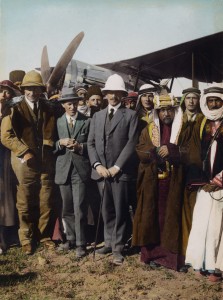
However, that itself caused problems in that it raised expectations that he would never be able to meet. One of those disappointments, at least from a Jewish perspective, was how he dealt with the leader of the riot of 1920 — the infamous Grand Mufti of Jerusalem, Haj Amin el-Husseini. He was arrested by the British and placed in prison. Sir Herbert Samuel pardoned him. Husseini would continue his incitement, lead other murderous riots and ultimately sit with Hitler to express his admiration for his policy of extermination toward the Jews.
In his attempt to mollify the Arabs, Samuel proposed that the Jews and Arabs together have a democratic self-government council, which would run the domestic affairs of the country. But the Arabs said that they would not sit on any council with any Jews; the Jews had no rights to the country whatsoever. As hard as Sir Herbert tried to bring the Arabs into the idea he was unable to do so. Therefore, he had to withdraw his plan.
Sir Herbert Samuel is a prime example of the modern Jew who rises to political prominence only to find his conscience torn between dual loyalties and unable to satisfy either Jews or those opposed to the Jews.


